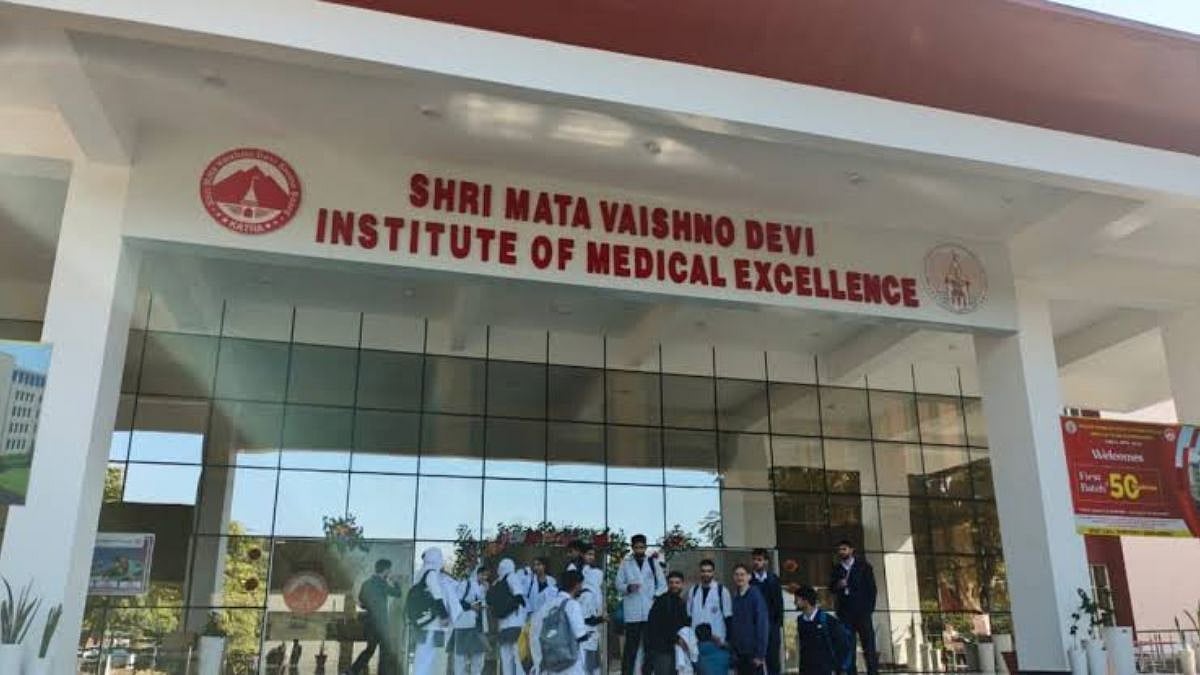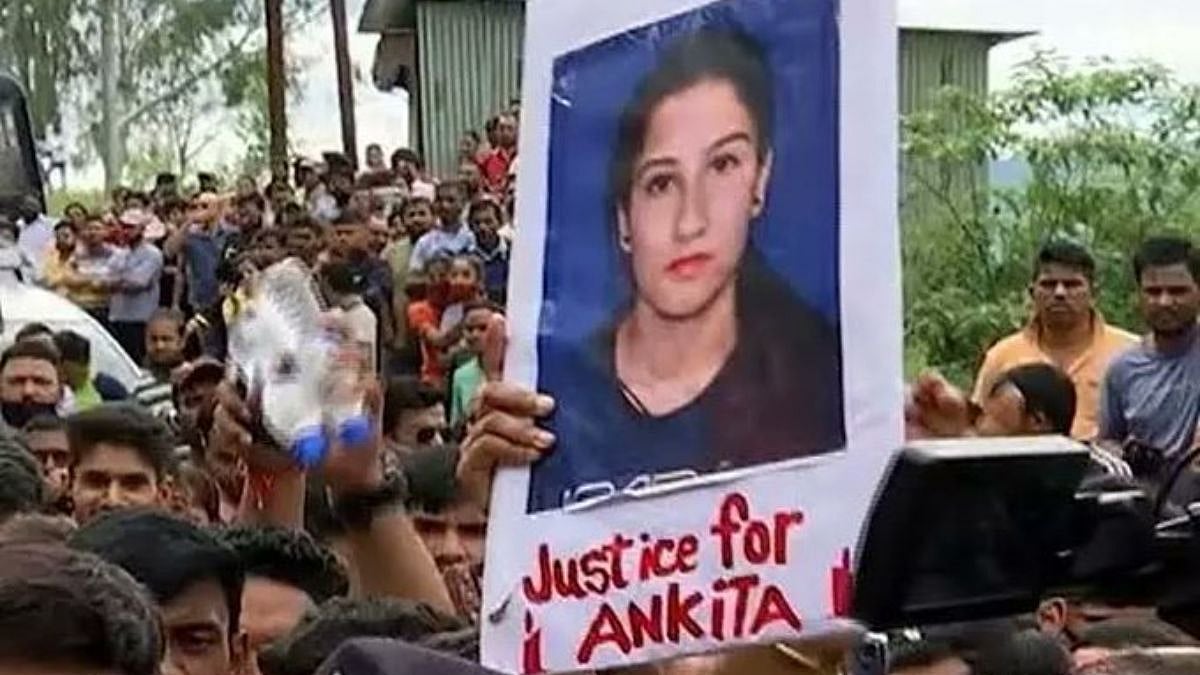It is not such a bad thing that the Prime Minister-designate Narendra Modi is taking his own time to put his ministerial team together. A few more days of the UPA Government wouldn’t hurt any more than its ten years did. Anyway, it is a caretaker government now, though cynics would say even when it was not, it had behaved like one. So patience is in order. Modi cannot afford to hurry through his cabinet-formation and then regret later. Such is the weight of expectations on his shoulders that he must not make a false move. There can be no excuses for non-performance. Not only have the voters given him a full majority, they have given the BJP itself a clear majority. Therefore, he will be much less vulnerable to pressures from ministerial aspirants from within and outside the BJP. Though the usual factors that go into ministry-making such as caste, community, region, religion, gender, etc. cannot be ignored, but these have to be tempered with the demands of efficiency and integrity. Good governance will entail picking up good and clean people for ministerships. Talent must be privileged, above all else, if Modi is to fulfill his promise to the voters. Wherever possible, professional managers ought to be inducted in the ministry. For instance, the well-regarded Metro Man, E. Sreedharan, as a junior minister in the Railways could indeed prove an asset, especially after the mess created by the disgraced Pawan Kumar Bansal. Or a professional economist in finance, even if at a junior level, would impart the much-needed expertise, which a generalist-politician cannot be expected to provide. The talk in the political circles about an important role for noted economists Jagdish Bhagwati and/or Arvind Panagariya, therefore, cannot be completely without basis. Since Modi has the luxury of numbers, he can afford to broad-base his government with the induction of specialists in various fields. A mix of political and technocratic talent in the Modi team will be welcome. It is not widely known that the backroom team that managed the election campaign of Modi was a fair mix of political and professional talents. There were a large number of tech-savvy volunteers who handled the nitty-gritty of the campaign while Modi and other BJP leaders took care of the old-fashioned organisational matters. In fact, social media, which emerged as a big factor in Poll 2014, was entirely run by IT professionals who had taken time off from their jobs to help Modi. Besides, Modi ought to consider pruning the size of the ministry. His slogan `minimum government, maximum governance’ should guide ministry-making. The Information and Broadcasting Ministry, for example, has become redundant now. Both Doordarshan and AIR can be entrusted to an empowered and autonomous Prasar Bharati Board, which in turn can be accountable to an independent regulator and a parliamentary committee. In order to ensure synergies and productive coordination between various energy sectors, ministries can be combined into a single ministry. There is also no need for a separate ministry for Heavy Industry. Major public undertakings can be clubbed under a single ministry, instead.
The point is that ministries created only for accommodating politicians must be wound up. Emphasis must only be on performance. Since controlling food prices is the most urgent task, Modi must rationalise its handling, bringing all facets of the problem under one roof as far as possible. It is notable that under the UPA, ministers for agriculture and food had sparred publicly, blaming each other for the relentless rise in food prices. This was especially so because the food minister belonged to the Congress, while agriculture was held by the NCP chief. Meanwhile, it is hoped that Modi would resist pressure to induct those whose reputation for integrity is highly doubtful. For instance, he ought not to make Anbumani Ramadoss a minister. He had played havoc as health and family welfare minister in UPA –I. This time his party, PMK, is a member of the NDA. He, along with a lone member of the BJP, are the only two successful NDA MPs from Tamil Nadu. But that is no reason to disregard Ramadoss’s record as a UPA minister, especially when there is under no obligation to reward the allies, since the BJP enjoys majority on its own. The point is that performance and transparency must be the key considerations in ministry-making. The onus to deliver lies, above all else, on Modi. Therefore, he must remain firm and fair in ministry-formation.





